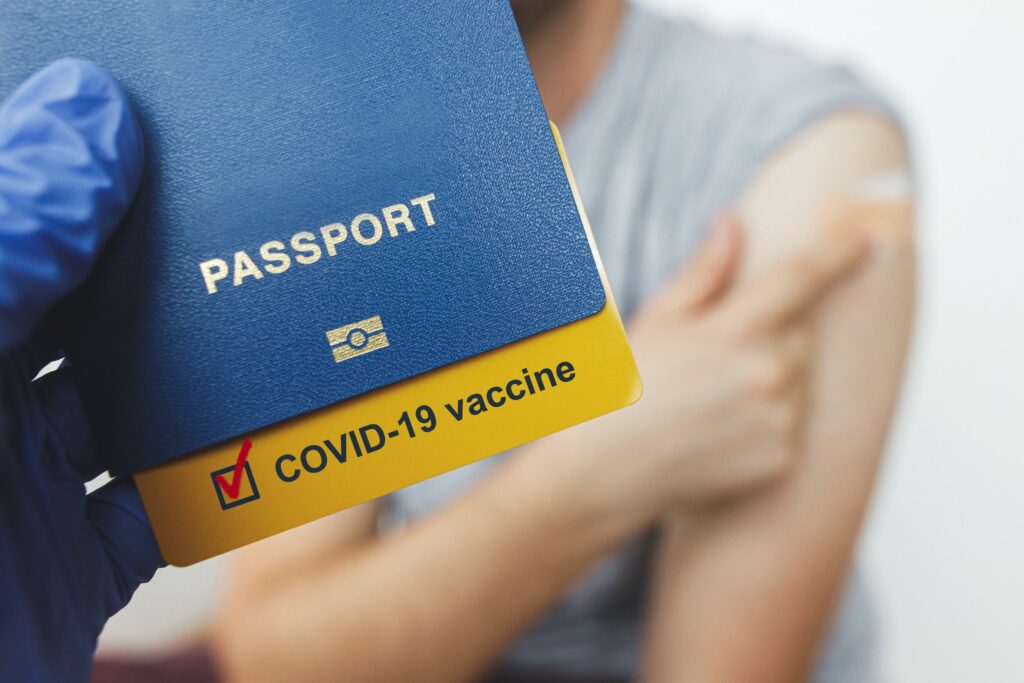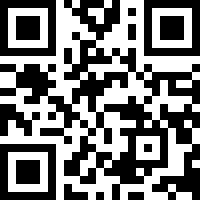Fears of the new contagious Delta variant are prompting more businesses, schools, and tourism locations around the world to urge immunization. Now, an increasing number of countries globally need some type of digital proof of vaccination. For instance, California has its own Digital Covid-19 Vaccine Record System.
While the details of these Covid-19 passports vary by location, they all work in the same way: digital health records kept on your phone or scannable cards demonstrate that you pose no risk to others. In addition, these vaccine certificates significantly reduce the time required for humans to check documents.
There is an increasing number of apps and systems available for storing your immunization records on your smartphone, but there is no one-size-fits-all solution. We’re here to help you understand how different technologies and solutions could help you protect your privacy, security, and the detection of counterfeits, and track your vaccine proof.
These technologies are still developing, and businesses and governments are making up their own standards regarding what they would accept as proof as they go. So, if you’re going somewhere extremely important, you might want to keep that physical card with you for now.
Transition from old-school tracking
Vaccination cards are not a new concept. The World Health Organization (WHO) introduced the Carte Jaune, or Yellow Card, in 1959 to allow people to show proof of immunization when traveling to or from locations where diseases like yellow fever were endemic.
In the United States, children and adults are given a vaccination card to keep track of the vaccines they have received and when. This record may be sought when a person starts a new job, joins a sports team, travels, and so on. Some states require parents or guardians to submit documentation of their child’s immunizations in order for their child to attend school.
In the modern world, immunization records are now recorded in digital databases. The provider who gives the shot (at a clinic, medical center, or drugstore) notes the vaccine type, dosage received, and date. This data should subsequently be shared with the state, which will preserve it in its own digital repository.
As for COVID-19 vaccine, every recipient is given a vaccination card that details which brand of vaccine they received, when and where it was given, and when their next dose is due.
Why go digital?
One worry is that, as regulations grow, so will the number of fake paper records. Here are some other reasons why going digital is vital in today’s society:
- Digital vaccine cards could be scanned much faster than being checked on printed cards.
- A digital vaccine card connected to an app is more difficult to misplace than a precious piece of paper that might fall out of your pocket.
- Digital records can protect your privacy by merely transmitting the needed information rather than all of the personal information on the old-school cards.
Why digital tracking matters?
Immunization tracking plays an important role in ensuring that a community is protected from contracting the virus or other illnesses from the travelers or other outsiders.
Being able to easily manage the digital records reduces paperwork, manages vaccine inventories, and helps interpret the complex immunization schedule, especially for many vaccines that require second dose.
Emerging technologies
Historically, immunization has been used successfully to combat the spread of diseases such as smallpox, yellow fever (which is required for travelers to and from endemic countries), and diphtheria-tetanus-pertussis in children. These traditional immunization cards, however, are sensitive to forgery, corruption, modifications, are difficult to read by non-health specialists, are easily misplaced, and are particularly susceptible to weather conditions.
As a result, secure COVID-19 electronic-based vaccination certificates or passports are required to overcome the limitations of traditional vaccination cards. COVID-19 digital immunization certificates must be tamper-proof, remotely accessible, secure, and protect people’s privacy. This is accomplished by combining innovative technologies into development processes as they have been used to address COVID-19 in many areas. Artificial Intelligence (AI), geographic information systems, the Internet of Things, the Internet of Medical Things, 5G technology, Blockchain, robots, and virtual reality are among these technologies.
These technologies could be used to fulfill a variety of functions in the context of COVID-19 electronic vaccination certificates.
- Artificial intelligence could be used to detect counterfeit COVID-19 vaccination certificates, easily identify and map non-vaccinated regions or populations for strategic planning, cluster migrants’ migration patterns based on data stored in the verification app(s), and aid in contact tracing.
- The Internet of Things and blockchain technology could be useful for remote access to COVID-19 immunization certificates, as well as the integration of other health services such as Telehealth and Remote Patient Monitoring into apps.
- Blockchain technology links a person’s identification with blockchain records for authentication purposes and increases electronic health data and communication link security when using blockchain-based systems, particularly for accessing and exchanging COVID-19 data.
- 5G cellular technology can provide high bandwidth and data transfer rates to facilitate real-time COVID-19 vaccination certificate verification and health data exchange, whereas big data can store and process COVID-19 certificate verification data with real-time updates and remote access.
- QR technology allows authorities to be able to check people’s health status records and verify COVID-19 digital certificates.
The significance of new technology in facilitating regional and international health data synchronization and verification of COVID-19 digital vaccination certificates is therefore promising.
Countries utilizing digital COVID-19 vaccine certificates
Several countries have been developing apps that generate and validate COVID-19 electronic vaccination certificates using new and emerging technologies.
The United Kingdom designed a new phone application to document individuals who have been tested for COVID-19, and it will soon be used to keep track of people who have been vaccinated against the virus. China has issued a digital COVID-19 immunization certificate to its citizens who are seeking cross-border travel. The World Health Organization established the Smart Vaccination Certificate consortium to track national COVID-19 vaccine programs and to facilitate cross-border vaccination activation in accordance with International Health Regulations. COVID-19 vaccine certificates have also been implemented in Greece and Israel. In Africa, the Africa Centres for Disease Control and Prevention introduced Trusted Travel, a program that simplifies the verification of public health documentation for travelers during border exit and entry.
Other digital tools and apps are being used around the world to assist travelers in storing and managing their certifications for COVID-19 tests or vaccination.
Takeaway
In conclusion, there is a need to standardize regional and international electronic platforms for documenting and validating COVID-19 electronic immunization certificates. Pandemics are on the horizon; thus, it is critical to create a framework and rules to guide the integration and synchronization of digital solutions, particularly digital vaccination certificates, in the event of worldwide public health emergency. Such technological interventions, however, should be guided by ethical principles.


